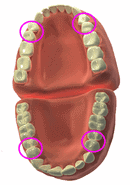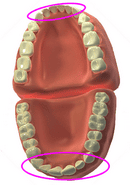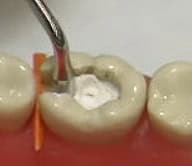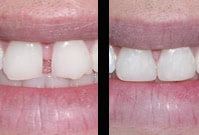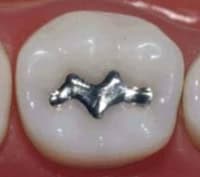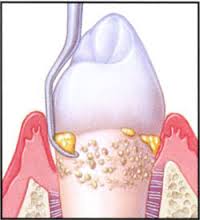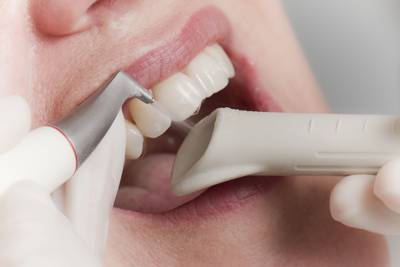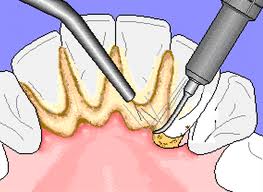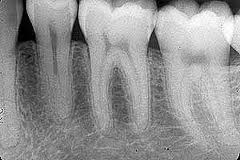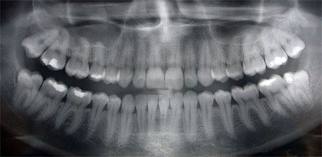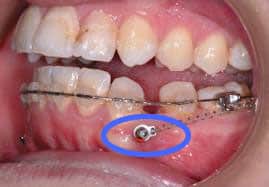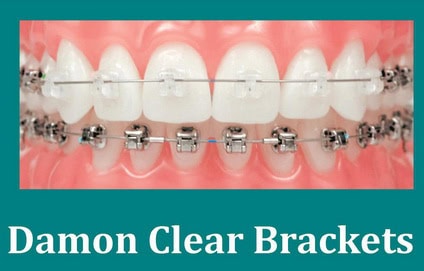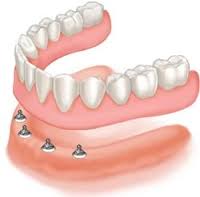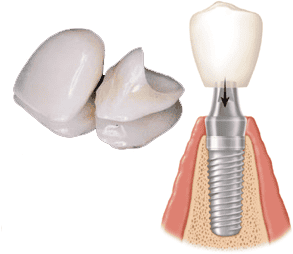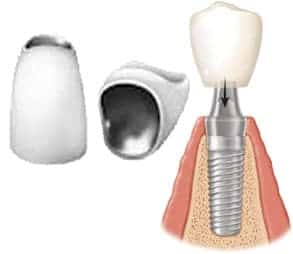Root Canal Treatment
Table of Contents
Table of Contents
Root Canal Treatment - An Effective Way to Save Your Tooth
The durability of natural teeth is remarkable; they are designed to last a lifetime. In instances where a tooth is severely injured or affected by disease, hope is not lost. Thanks to the advancements in endodontics, specifically the widely recognized root canal treatment, even the most critical cases can often be resolved. This specialized dental procedure, known as endodontic therapy or simply a root canal, has become a standard practice in the dental field.
What is a root canal?
A root canal is a dental procedure aimed at eliminating infection and saving a tooth. It involves removing the pulp, which comprises nerves and blood vessels. This procedure is vital as it prevents tooth loss and maintains overall oral health.

What is a dental abscess?
A tooth root abscess, also known as a dental abscess, is a painful and potentially serious dental condition. It typically occurs as a result of bacterial infection within the tooth’s pulp, the innermost part of the tooth. The infection can develop due to untreated tooth decay, trauma, or gum disease, leading to the formation of a pocket of pus at the tooth’s root. This abscess can cause severe pain, swelling, and discomfort in the affected area, and if left untreated, it may lead to more significant health issues.
When is a root canal needed?
Symptoms such as persistent toothache, swelling, and sensitivity to hot or cold foods indicate potential pulp damage. Timely consultation with a dentist is crucial to assess the situation and determine the need for a root canal.
Root Canal Procedure
The procedure begins with the administration of local anesthesia to ensure the patient’s comfort. The dentist then accesses the infected pulp through a small opening, carefully removing it and cleaning the canals thoroughly. Disinfection and antibiotic application follow, eliminating any remaining bacteria. The cleaned canals are filled with biocompatible material, preserving the tooth’s structure, and a temporary filling is placed to protect the tooth. Root canals typically last one to two hours, and patients might experience mild discomfort afterward, manageable with over-the-counter pain relievers. Follow-up care and good oral hygiene practices are essential for successful recovery, emphasizing the importance of this procedure in saving natural teeth and ensuring patient comfort throughout the process.
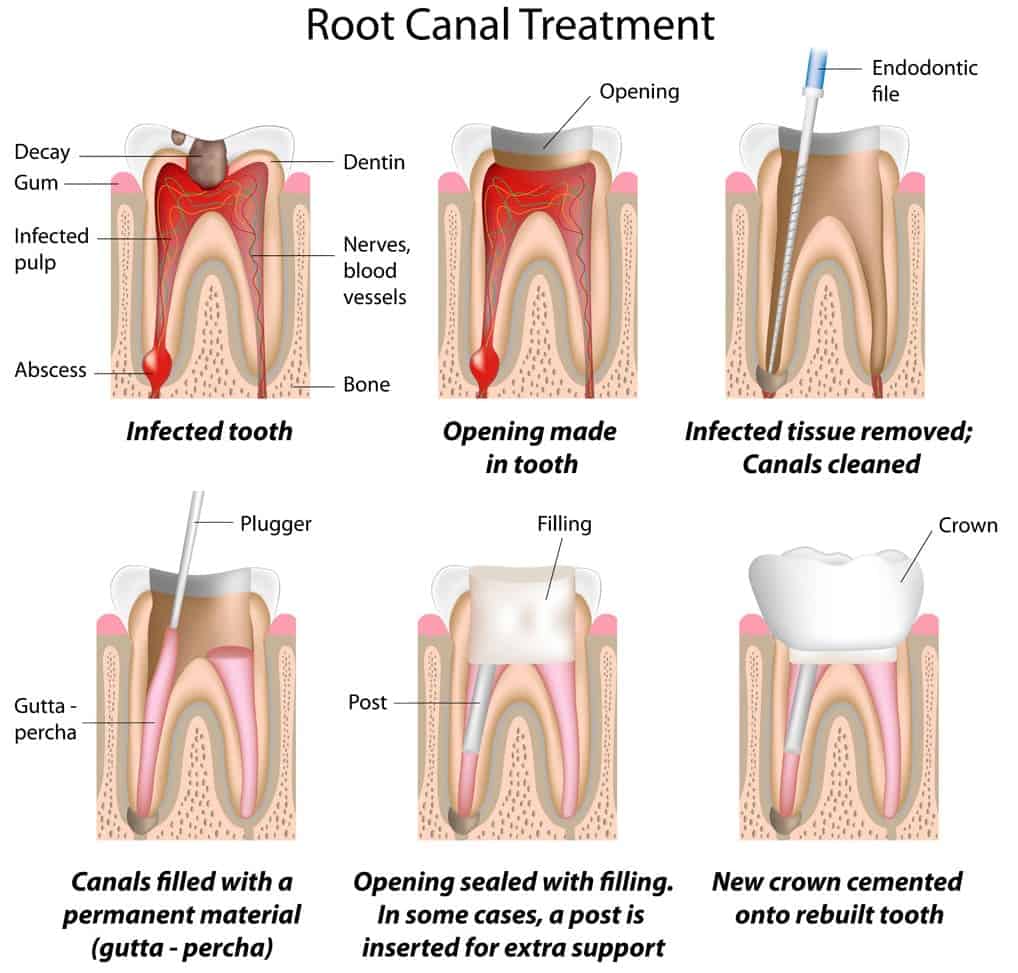
How Many Visits Are Required?
The number of visits required for a root canal treatment can vary based on the complexity of the case. Dentists tailor the number of visits according to each patient’s unique needs.
Recovery and Post Procedure Care
It is important to look after your teeth when recovering from root canal treatment. You should also avoid biting on hard foods until all treatment is complete.
Most people can help prevent the need for further root canal treatment by:
- maintaining good oral hygiene
- being careful to avoid too much sugary food in your diet
- quitting smoking, if you smoke
Is a root canal painful?
During the procedure, patients are under local anesthesia, ensuring they feel no pain. Post-procedure discomfort is manageable with pain relievers.
The Importance of Post-Root Canal Dental Crowns
A dental crown is essential after a root canal procedure to restore the tooth’s strength, functionality, and appearance. During a root canal, the infected pulp inside the tooth is removed, leaving the tooth hollow and more susceptible to damage. Placing a dental crown over the treated tooth provides structural support, preventing it from breaking or cracking under the pressure of regular chewing. Additionally, the crown ensures the tooth blends seamlessly with the rest of the natural teeth, maintaining the overall aesthetics of the smile. By safeguarding the tooth’s integrity and appearance, a dental crown allows patients to bite, chew, and speak comfortably.
Root Canal VS Extraction: Which one is better?
Opting for a root canal treatment instead of extraction offers numerous benefits, including preserving your natural smile’s aesthetics and maintaining oral functionality without disrupting your bite or speech. Root canals provide a cost-effective solution in the long run, eliminating the need for expensive replacements and preventing potential issues with adjacent teeth. Moreover, choosing a root canal helps avoid jawbone density loss, preserving facial structure and contributing to a youthful appearance. Beyond the physical aspects, preserving natural teeth enhances overall well-being, promoting better oral hygiene and boosting self-esteem, underlining the importance of root canal procedures in safeguarding both dental and emotional health.
Root Canal Price at Bangkok New Smile
Root canal price is based on the complexity of the case and the position of the tooth that requires root canal treatment. Root canal price at Bangkok New Smile is
| 7,000 THB | |
| 8,000 THB | |
| 10,000 THB |
*Price is subject to change, please check our dental fee for the price
Root canals offer a chance to save damaged teeth, preventing the need for extraction and preserving the integrity of the natural smile. Early intervention and regular dental check-ups are key to successful outcomes. Timely dental care, including routine check-ups and prompt treatment of dental issues, ensures the longevity of teeth and overall oral well-being. Taking proactive steps toward oral health can prevent the need for extensive procedures like extractions and promote a confident, healthy smile for life.

